Top 12 Tax Deductions for Photographers (2025)
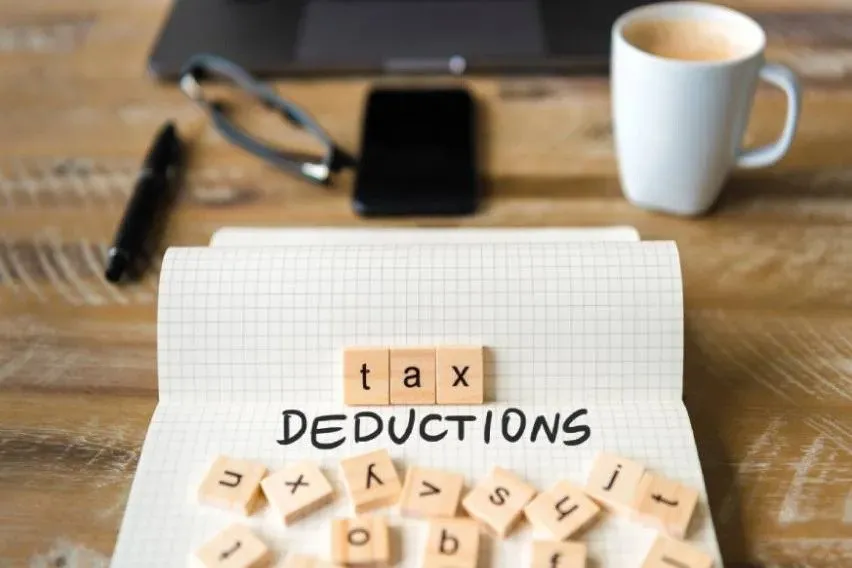
Keeping track of business expenses is crucial to the tax preparation puzzle. Small business owners, including self-employed photographers, can benefit from claiming upfront costs on their annual tax returns to maximize their tax savings. In this post, we’ll offer insight into the business expenses you can’t afford to miss if you run your own photography business.
Whether you’re brand new to photography or a veteran, it’s important to take steps that improve your financial outlook and maximize tax breaks for your business. By following a few best practices, you can grow your photography business by keeping more of your gross income after taxes, allowing you to reinvest in yourself through equipment purchases, advertising, client outreach, and more.
So what are the top tax deductions for photographers? What business expenses can you claim to get tax deductions? And how do you ensure this tax season will be as optimal as possible for your business? Let’s take a look.
Table of Contents
- Top 12 Tax Write-Offs for Photographers
- How to Prepare Photography Tax Deductions and Avoid Common Mistakes
- Save Time Managing Photography Expenses with FreshBooks
- FAQs on Tax Deductions for Photographers

Top 12 Tax Write-Offs for Photographers
If you own a photography business, there are numerous ways to take advantage of legal deductions according to the tax code. Many entrepreneurs and sole proprietors use Form Schedule C to record these deductions.
Creating a photography business expense list to track every expense throughout the year to account for each business expense will make completing your taxes much easier. FreshBooks offers free expense report templates that you can easily access.
Below are some of the most common photographer tax deductions you can leverage when paying taxes.
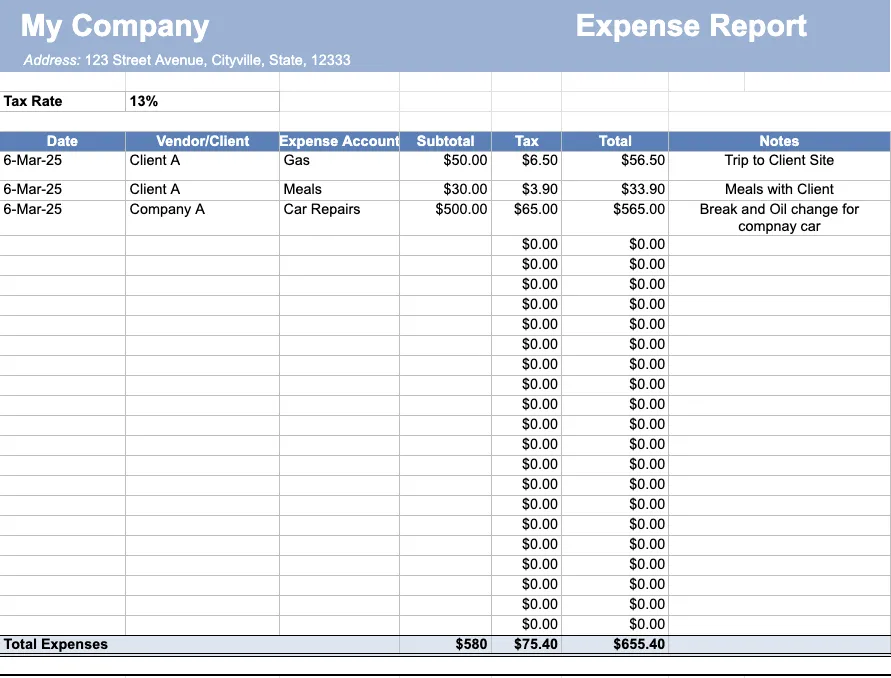
1. Photography Gear
As a photographer, you’ve likely invested in a significant amount of equipment to operate your normal business activities. From cameras, lenses, and photo editing software, to lighting and stands, you need a wide range of products to meet the needs of each project and client. Even simple equipment like camera bags and office expenses can spell a few hundred dollars in tax deductions.
Many of these purchases are costly, and they can take up a good portion of a photographer’s overhead budget to maintain. While you should always make responsible purchases based on your business plan and level of revenue, many of these investments are tax deductible.
2. Business Insurance
Insurance is a necessary expense if you want to protect your company from financial hardship. Photographers often insure different aspects of their business, including having a policy to protect the business itself. If you carry policies on your cameras and equipment or have other liability policies in place to protect against accidents and mishaps, these costs may be deductible.
Unfortunately, medical insurance is not included in the same category as business-related insurance.
3. Home Office Deduction
If you operate a home office, you can typically write off a portion of your rent, mortgage interest, insurance, utilities, repairs, maintenance, and depreciation, and in some cases, renovations as expenses. This is the home office deduction, calculated by dividing the square footage of your home office space and storage space used exclusively for business by the total square footage of your home. There is also a simplified option for a home office deduction, allowing $5 per square foot up to 300 square feet.
To qualify, you must have an area of your home exclusively for business use, and the home must be the principal place of business. For example, using your home office for all administrative activities.
4. Equipment
Deductible photography supplies include any essential equipment you need to run your business, like cameras, lenses, lighting, stands, and computers. Simple, low-cost small purchases like film can be written off as an immediate deduction, but bigger purchases for expensive gear that will benefit your business for longer than one year are considered capital expenses, which must be depreciated over time. Capital expense depreciation is reported on the IRS tax Form 4562.
If you need to rent additional equipment for specific projects, and it’s essential to fulfilling work for your clients, this is also considered a tax-deductible expense.
5. Office or Studio Space
When you have a photography business, you need space, not just for shooting your masterpieces but also for equipment and prop storage. You can deduct the cost of studio space and storage space, including rent, as well as any other associated normal business costs like power, internet, phone, or insurance.
6. Subcontractors and Second Shooters
Many photographers operate as single entities but may hire additional help for larger projects like weddings and other events. When you hire another photographer to help or assist you, the cost of that labor is often tax deductible. The second shooter typically serves in a freelance capacity rather than a full-time role.
The important thing to note is that the definitions for employment can be tricky when claiming tax write-offs. If you place any additional staff member on your payroll in a long-term capacity, be aware of how this could influence your abatements.
7. Training and Education Cost
As with many other industries, photographers can take advantage of the costs of training sessions, education, certifications, and other related expenses. This allows you to continually advance your skills both in photography and business. If you were to attend a workshop on a certain photography skill, for instance, you’d be able to deduct the cost of attendance, your travel expenses (e.g., fuel, car mileage, car insurance), and any costs of lodging you incurred to be there.
Tax deductions for training sessions and education are available in addition to education tax credits, which are granted to those enrolled in post-secondary education. This means that you can keep learning and improving while taking advantage of tax breaks at the same time.
8. Professional Fees
Deductible professional fees include any fees and services you require to run your photography business, like accountant services, legal fees, business consulting, and the cost of local business permits and LLC or corporate filing fees.
By incorporating accountants, consulting, and legal services into your business practice, you’ll better manage your finances and tax compliance while making better-informed business decisions.
9. License Costs
Professional and trade-related business licenses, copyright registration, and permits are all essential expenses for a photography business. You may also want to license specific editing software or join a relevant professional association to expand your knowledge and your reach.
When they’re demonstrably relevant to running and growing your business, dues paid to professional associations, licensing costs, or registration fees are tax deductible.
10. Travel Expenses
As a photographer, you might have a central location or studio space where you complete a good deal of work. But it’s likely that you also travel to a variety of client meetings and shoots that take place in different locations. If your work is travel-based, as in the case of wedding photography, you may travel long distances to get to your job sites.
Travel-related costs can add up throughout the year, especially when you include gas, airfare, mileage, car insurance, lodging, and meals. Fortunately, these expenses are considered tax deductible as long as you travel for reasons directly related to the needs of your business.
Local meetings with current and potential clients can also be included in your tax write-offs. Be sure to save receipts from restaurants and other businesses if you plan to use these abatements. Additionally, take advantage of mobile apps and automated mileage tracking software to monitor your mileage and transportation costs. Click here to get started.
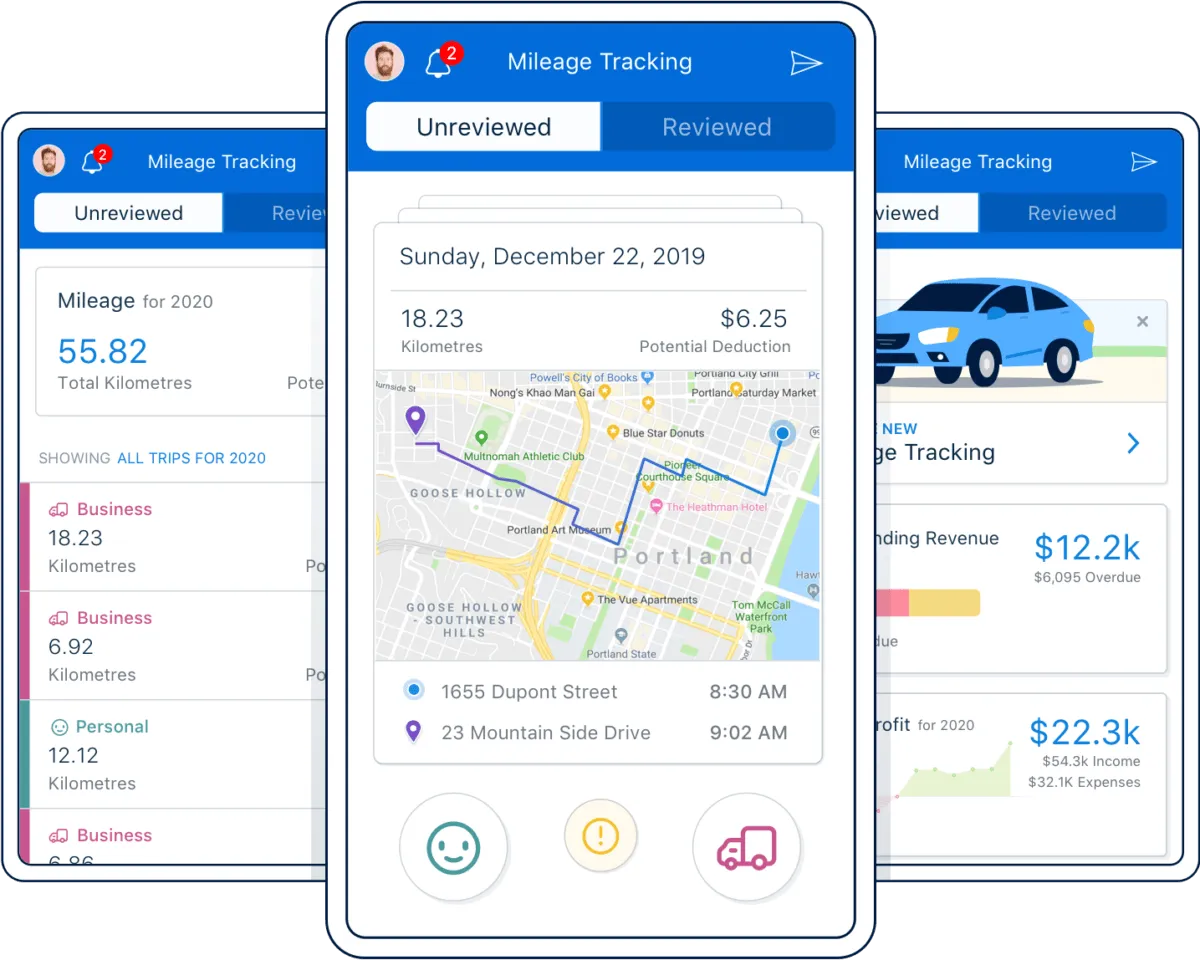
11. Marketing and Advertising Cost
In today’s economy, photographers often have to do double duty, adding self-promotion to their job description. Branding and client acquisition expenses are necessary to your overall business success and, therefore, also qualify as write-offs.
If you’re a self-employed photographer, your deductible marketing expenses include website hosting, purchasing online ads or media promotions, business cards, and promotional materials.
12. Interest on Debt
Depending on how you started your business or fund new purchases, you can usually offset the cost of your interest with deductions. This applies to the interest you pay on business credit cards, loans, and other forms of financing.
Be prepared to access your bank and financial statements to provide an accurate record of the amount of interest you’ve paid. This write-off can be a huge relief if you’re trying to overcome or pay down your business debts.
How to Prepare Photography Tax Deductions and Avoid Common Mistakes
Staying organized and understanding the ins and outs of sole proprietor and small business taxes makes tax time smoother. The following tips will help you avoid common filing errors when reporting your write-offs.
1. Track all expenses all year long
Have a reliable system in place throughout the year. If you only plan for deductions when they’re due, you’ll not only be stressed, but you might also miss important benefits.
2. Categorize your expenses
Putting your expense documentation into clear categories like travel, home office, and photography supplies will not only help you stay within your budget, but will also make it easier to claim deductions at the end of the tax year.
3. Save your paperwork and receipts
In today’s digital age, it’s easy to toss and lose track of small receipts and records. Although you might have the option to access some of these records digitally, don’t assume that you can always pull up what you need. A tax deduction depends on documentation, so be careful when it comes to receipts and paperwork. FreshBooks receipt scanner automates record keeping, using auto-scanning technology to track and categorize your receipts for you.
4. Don’t wait until the last minute
The annual tax deadline is crunch time for everyone. Because of this, it’s best to plan, especially if you know that your deductions are complex. A tax professional can spend more time on your situation if they have the proper documentation and plenty of time.
5. Put tax money aside
Tax liabilities add up fast for freelancers and small business owners. Whenever you get paid, calculate and set aside the tax money immediately, so you’re not stuck with a huge tax bill at the end of the year.
6. Learn and stay on top of local tax laws
Understanding your tax regulations will prevent potential tax mistakes and help you claim the maximum deductions. Do your research and regularly connect with a tax professional when necessary.
7. Use accounting software
Accounting software will help you organize your documents, receipts, and financial information, and automatically compile everything so you don’t have to scramble at tax time. Leveraging reliable and powerful accounting software for photographers can help keep you organized year-round. Use this software to track expenses such as mileage, overhead, payroll, and more.
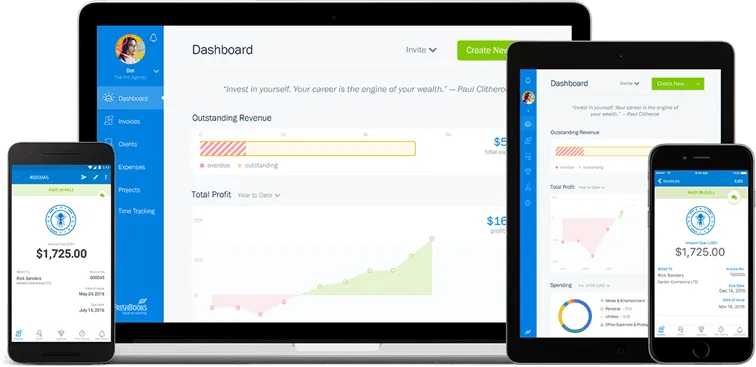
Save Time Managing Photography Expenses with FreshBooks
Whether tax season is right around the corner or still months away, it’s never a bad time to start thinking about using deductions to your advantage. Investing time into understanding how the tax process works for your photography business will give you in-depth knowledge that will pay for itself in just a few short years.
FreshBooks simplifies managing your photography expenses and tax deductions. With features like cost and receipt tracking, reporting, and deduction categorization, this powerful all-in-one expense tracking software will save you time and effort in managing your finances and simplify tax season. Stay organized with FreshBooks, and reap the benefits of tax time by maximizing your write-offs. Try Freshbooks for free now!

FAQs on Tax Deductions for Photographers
Looking for more information on the top tax deductions for photographers? Here are some frequently asked questions on making the most of your tax return by claiming business expenses.
What expenses do photographers have?
Photographers incur many tax-deductible expenses like travel expenses to and from shoots, work cell phone bills, camera equipment purchases, photo editing software, and training and education. Professional photographers can also claim regular business use expenses like advertising, interest on debt, licensing costs, and filing fees on their taxes.
How much can I write off for a camera?
Capital expenses like cameras can be deducted from taxes by professional photographers. You can theoretically write off the entire value of your camera, but this deduction may happen over several years based on the useful life of the asset.
Can you write off clothing for a photoshoot?
If the clothing or costumes you purchase are needed for a photo shoot, they will be considered a ‘prop’—a legitimate business expense that can be deducted from your taxes. However, in most cases, you can’t deduct the clothes you wear as a photographer.
Should a photographer be an LLC or sole proprietor?
It depends on the gross income that your photography business generates. If your business is very profitable, it might make sense to incorporate it as an LLC and pay yourself a salary to reduce your tax liability. However, most photographers begin as sole proprietorships and may even remain that way depending on how much revenue their business generates in the following years.
Why should I take advantage of tax deductions in my photography business?
Tax deductions reduce the amount of taxable income you report to the Internal Revenue Service or IRS. Creative tax deductions for small businesses reduce your tax liability. By taking advantage of tax deductions, small business owners save money, allowing them to increase business savings and invest in new resources.
More useful resources
Explore our diverse tax deduction guides catering to various niches. From small businesses to real estate agents, find valuable insights to optimize your tax savings.
Reviewed by
Michelle Payne has 15 years of experience as a Certified Public Accountant with a strong background in audit, tax, and consulting services. Michelle earned a Bachelor’s of Science and Accounting from Minnesota State University and has provided accounting support across a variety of industries, including retail, manufacturing, higher education, and professional services. She has more than five years of experience working with non-profit organizations in a finance capacity. Keep up with Michelle’s CPA career — and ultramarathoning endeavors — on LinkedIn.
RELATED ARTICLES


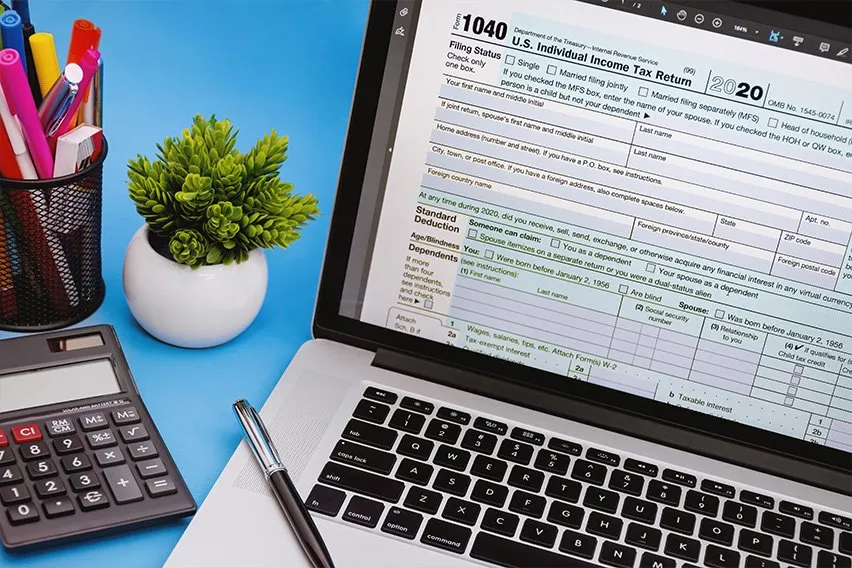 Real Estate Tax Deductions Every Business Should Know
Real Estate Tax Deductions Every Business Should Know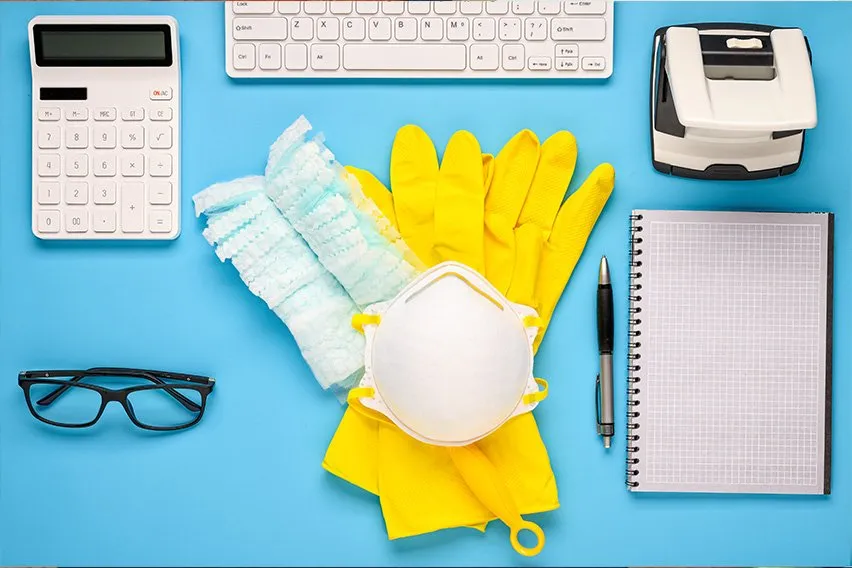 10 Tax Deductions for Cleaning Businesses
10 Tax Deductions for Cleaning Businesses Construction Tax Deductions for Builders and Contracting Businesses
Construction Tax Deductions for Builders and Contracting Businesses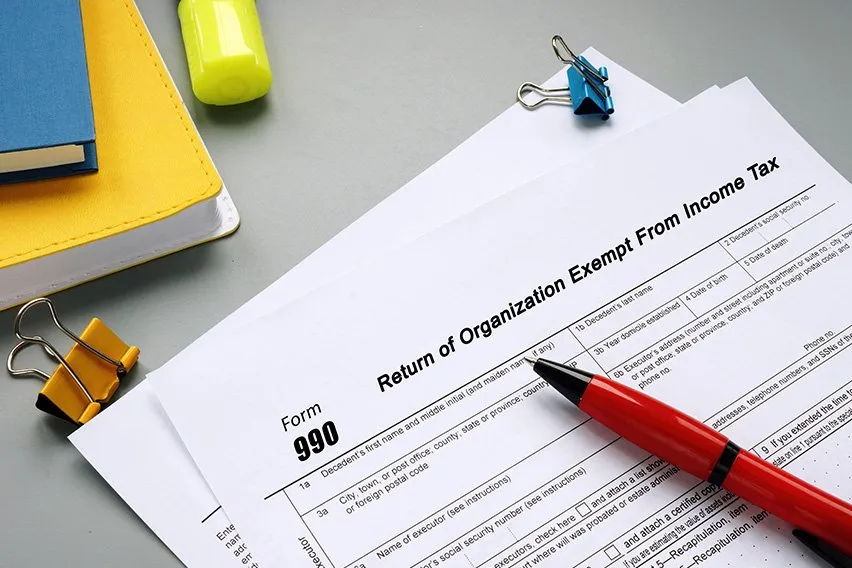 Nonprofit Tax Deductions for 501(c)(3) Organizations
Nonprofit Tax Deductions for 501(c)(3) Organizations Five Easy Ways to Tackle Tax Season When You're Self-Employed
Five Easy Ways to Tackle Tax Season When You're Self-Employed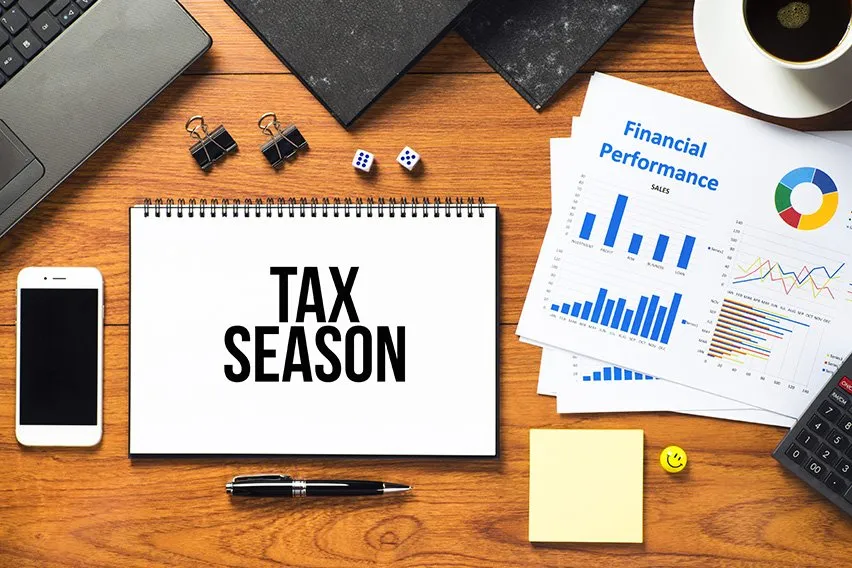 How the Self-Employed Can Prepare for Tax Season All Year Long
How the Self-Employed Can Prepare for Tax Season All Year Long